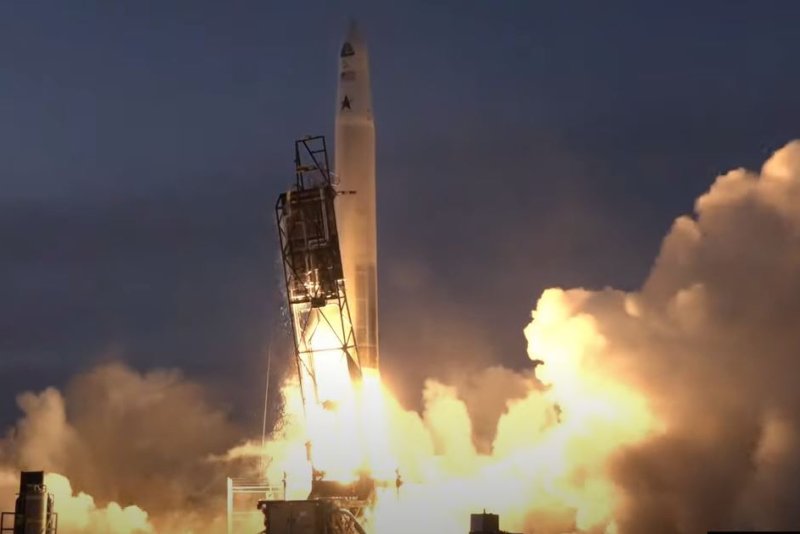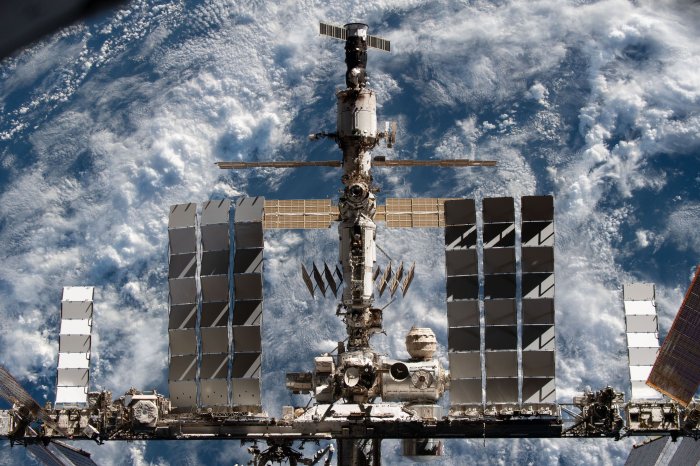1 of 5 | Astra Space launches its Rocket 3.3, named LV0009, on the Spaceflight Astra 1 mission carrying three customer payloads from Alaska on Tuesday. Photo courtesy of Astra/NASA Spaceflight
March 15 (UPI) -- California-based rocket company Astra Space launched three small satellites from Alaska on Tuesday morning and said the payloads deployed successfully.
The rocket, LV0009, lifted off from Pacific Spaceport Complex on Kodiak Island as planned at 9:22 a.m. PDT.
"We have great news to report," Astra CEO Chris Kemp said on a live broadcast a little over an hour after launch. "The payloads have started to communicate with ground stations. Our customers are calling us and indicating that the satellites are alive, they're talking, which means they've been successfully deployed."
Tuesday's launch was the first mission for Astra since the company's stock plunged after a rocket failure during launch of a NASA mission from Florida on Feb. 10.
The latest launch had been postponed on Monday due to a potential for lightning in the area.
The mission, Spaceflight Astra 1, featured three payloads booked for the flight by Seattle-based Spaceflight Inc., a launch services broker.
The payloads include spacecraft for the non-profit Portland State Aerospace Society and Indiana-based manufacturer NearSpace Launch.
The Portland group's mini satellite is named OreSat0, which is designed to test methods of monitoring global distribution of high-altitude cirrus clouds. The NearSpace payload, known as S4 Crossover, will remain attached to the rocket's second stage while it measures space radiation and other conditions.
Astra declined to identify the third customer for the mission.
In February, shares of Astra Space ($ASTR) plummeted by more than 32% to $3.59 following the launch failure, but recovered a portion of that loss in subsequent trades. Shares also dipped briefly after Tuesday's launch during a delay to confirm satellite deployment, but the stock recovered quickly after Kemp's announcement.
Spaceflight said it signed an agreement with Astra for launch services through 2025, but it did not disclose the number of launches planned, nor the cost.
The company struck the agreement with Astra to "increase the launch opportunities available to our customers," Curt Blake, CEO and president of Spaceflight, said in a news release.
Astra had found that the rocket failure in February was due to a faulty opening of the nose cone that protects the payloads, and to a software problem that prevented the rocket recovering when it began tumbling.
The company said it had made "corrective measures" to address those problems.
The International Space Station is pictured from the SpaceX Crew Dragon Endeavour during a flyaround of the orbiting lab that took place following its undocking from the Harmony module’s space-facing port on November 8. Photo courtesy of NASA
















